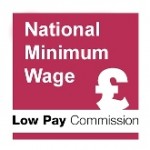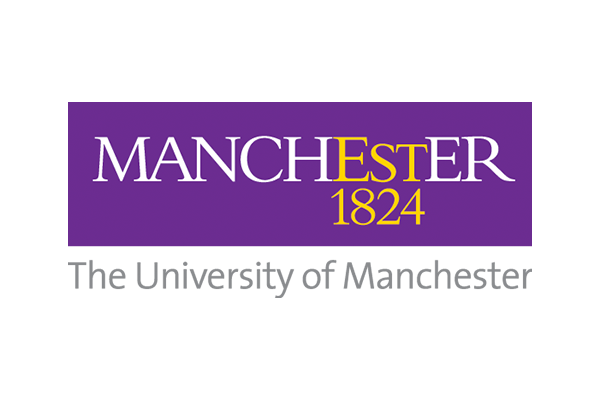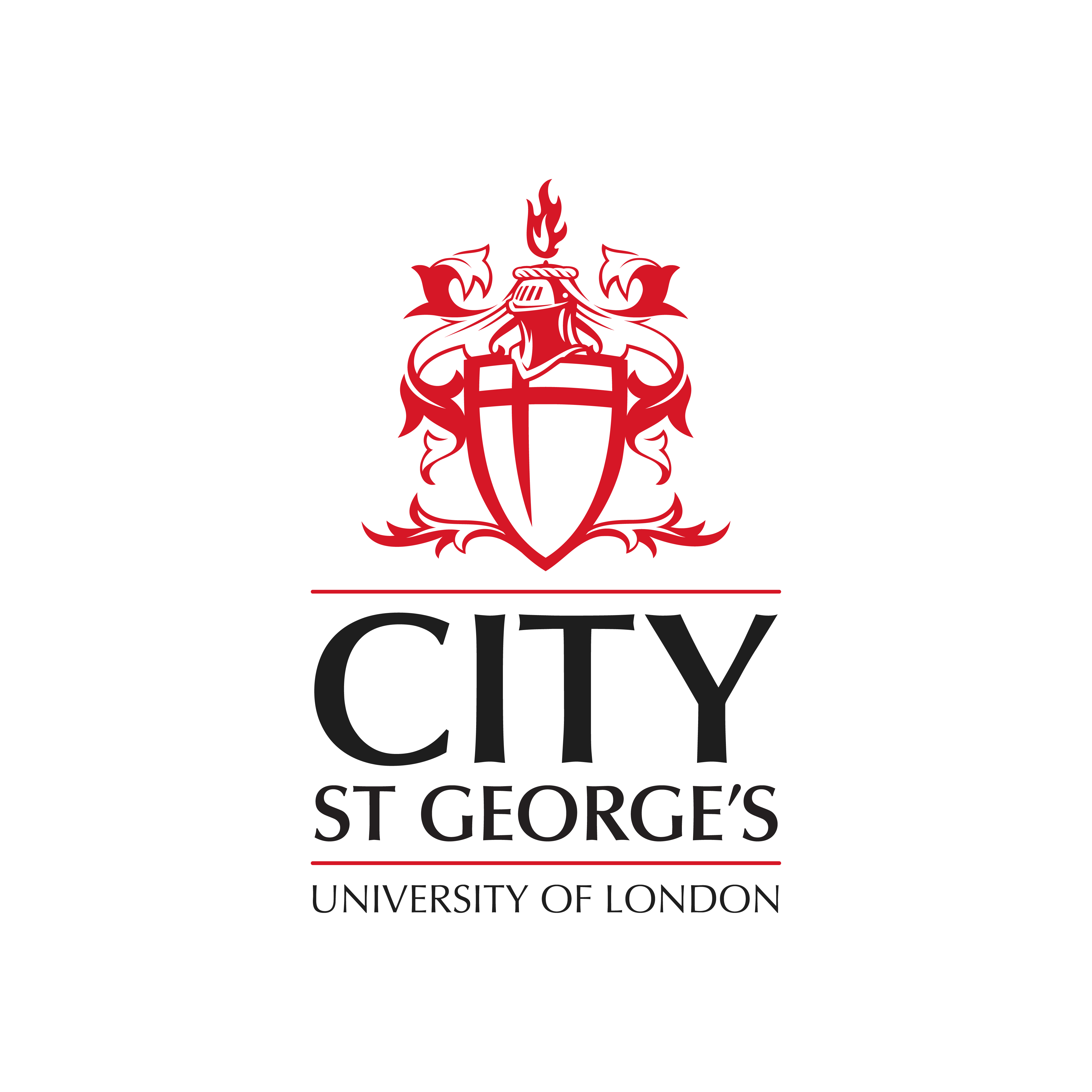We recently submitted a response to the Low Pay Commission’s 2024 consultation on the National Living Wage/ National Minimum Wage. The Low Pay Commission called for evidence and advice to inform their recommendations to the Government on the levels of the National Minimum Wage (NMW), including the National Living Wage (NLW). Our response draws on our emerging research findings about the impact of low pay on young workers (including student workers), the quality of work among young workers, and how young women experience and negotiate NMW levels, including the NMW youth rates.
Our response sets out a series of policy recommendations which we hope will be considered by the Commission. These are:
- The Government should consider the case for lowering the gap between the youth rates and adult NMW rates and for further reducing the NLW age of eligibility.
- Far from operating as a disincentive to stay in education, raising young workers’ pay – through increasing or entirely removing the youth rates, and/or further lowering the threshold for NLW from 21 to 18 – is needed to enable young people to stay in education and complete their studies; improving their job prospects in the longer-term as well as their present quality of living. Increasing the rates of pay for young workers would enable students to work fewer hours and help reduce the financial and emotional stress experienced by many student workers.
- The Low Pay Commission should engage directly with young workers themselves (including students) and their representative organisations. This might include the National Union of Students, Young Women’s Trust and Trade Union Congress. This will ensure that their perspectives, experiences and voice can be incorporated in understanding the impact of differential NMW on young people and the wider economy and they can further advise on the specificity of rates and their implications.
You can read our full response here.





